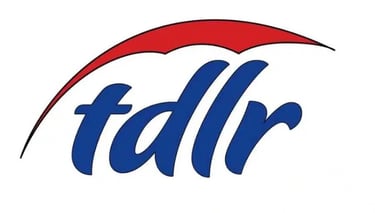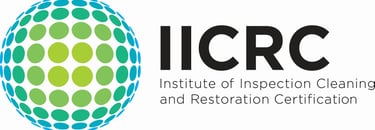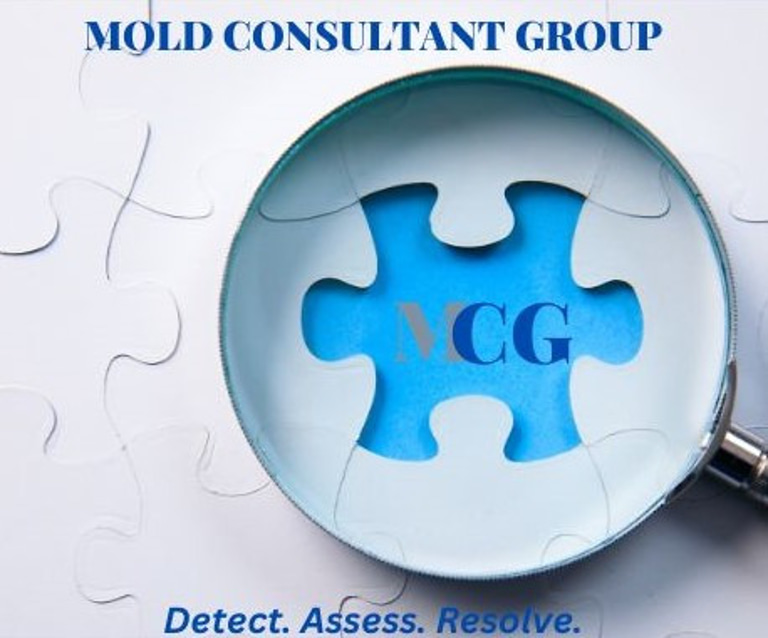Expectations for Flood Policies & Homeowners Insurance in Texas
Learn what to expect with homeowners insurance in Texas policies. Understand how they differ from flood insurance and what mold coverage means for your home.
3/24/20252 min read


Insurance and Mold in Texas: What Homeowners Need to Know
Dealing with mold damage is stressful enough — but discovering it’s not covered by insurance can make it worse.
In a state like Texas, where humidity, hurricanes, and heavy rainfall are common, it’s critical to understand what your policy does — and doesn’t — protect you from. At Mold Consultant Group, we help homeowners across Montgomery, The Woodlands, Spring, Conroe, Willis, Tomball, Magnolia, and Cypress navigate mold issues and documentation that can support insurance claims.
🏡 Does Homeowners Insurance Cover Mold in Texas?
Yes — but only in specific cases.
Most standard homeowners policies in Texas will only cover mold if it results from a covered peril, such as:
Burst pipes or appliance overflows
Sudden roof leaks from a storm
Water intrusion from broken windows or wind damage
✅ Covered Example: A pipe bursts and soaks the wall — and mold appears later.
❌ Not Covered: Mold caused by long-term humidity, roof neglect, or ignored plumbing leaks.
📌 General rule: If you could’ve prevented it, insurance might not cover it.
📑 Types of Insurance That May Cover Mold
1. Homeowners Insurance (Limited Coverage)
May cover mold cleanup from sudden water damage
Often includes caps between $1,000 and $10,000
Exclusions are common — read the fine print
2. Flood Insurance (Separate Policy Required)
Standard policies DO NOT cover flood damage or flood-related mold
Coverage only available through NFIP or private flood insurance
Mold may be covered only if it directly follows a flood and you took reasonable steps to prevent it
3. Mold Endorsements or Riders
Additional policy add-ons that boost mold coverage
Recommended for properties in humid zones or with a history of water intrusion
Can significantly reduce out-of-pocket costs
🛠️ How to Protect Yourself from a Denied Mold Claim
Maintain your home. Repair leaks, improve ventilation, and keep humidity under control
Read your policy carefully. Know your limits, exclusions, and what qualifies as a “covered peril”
Ask about add-ons. Mold riders are usually affordable and can expand your protection
Document everything. If you find mold, take photos and notify your insurer immediately
🧪 Why Professional Mold Assessment Matters
If you discover mold, your first step should be to:
Stop the moisture source (leak, flood, etc.)
Dry the affected area quickly — within 24–48 hours
Call a licensed mold assessment consultant
We can:
📍 Serving Homeowners Across:
Montgomery | The Woodlands | Spring | Conroe | Willis | Tomball | Magnolia | Cypress
📞 Need a Mold Assessment for Insurance? We Can Help.
Call 832-280-4747 or visit www.moldconsultantgrp.com
Mold damage is costly — but being unprepared is costlier. Know your policy, protect your home, and let us help when you need documentation that holds up.
Mold Consultant Group, LLC
Services
Contact
info@moldconsultantgrp.com
832-280-4747
© 2025. Mold Consultant Group All rights reserved.
Mold testing and identification
Mold assessments
Mold Protocols
Comparative remediation and repair estimates
CAD floor plans and measurements




